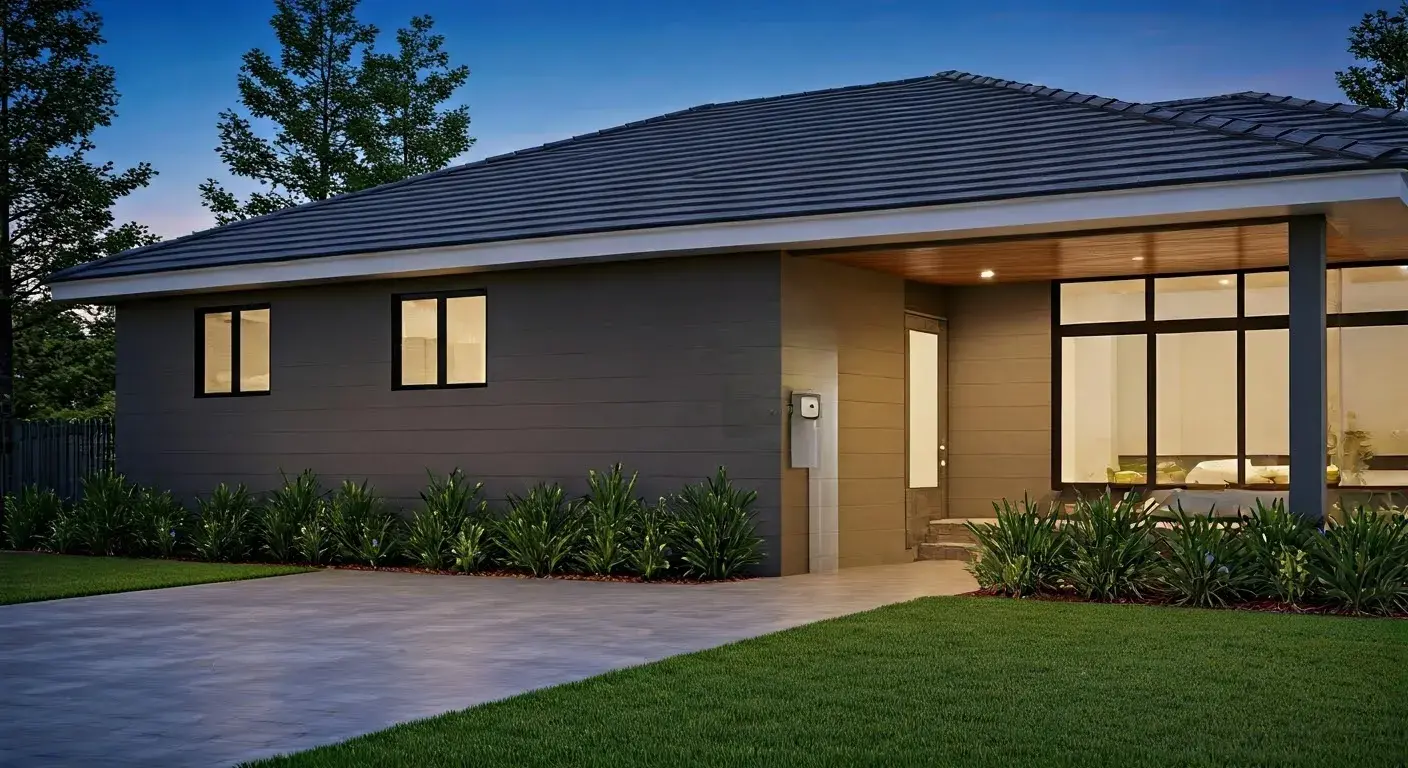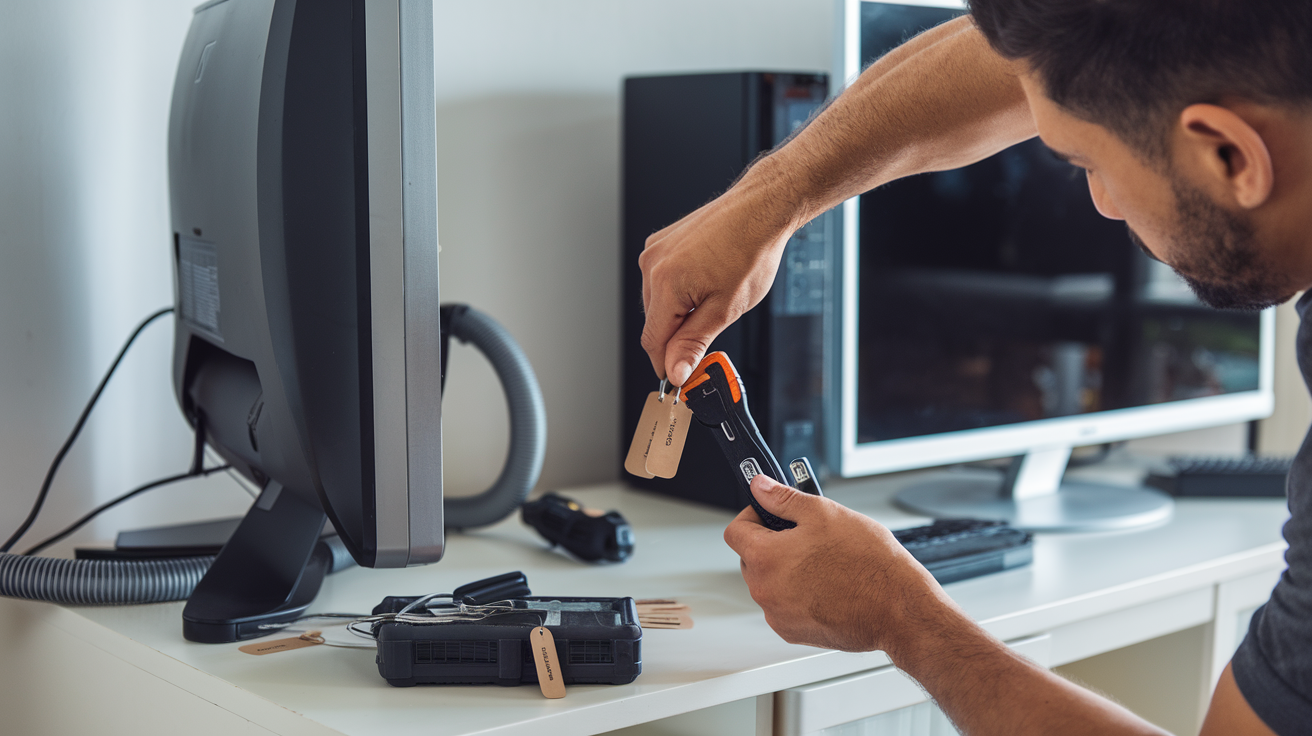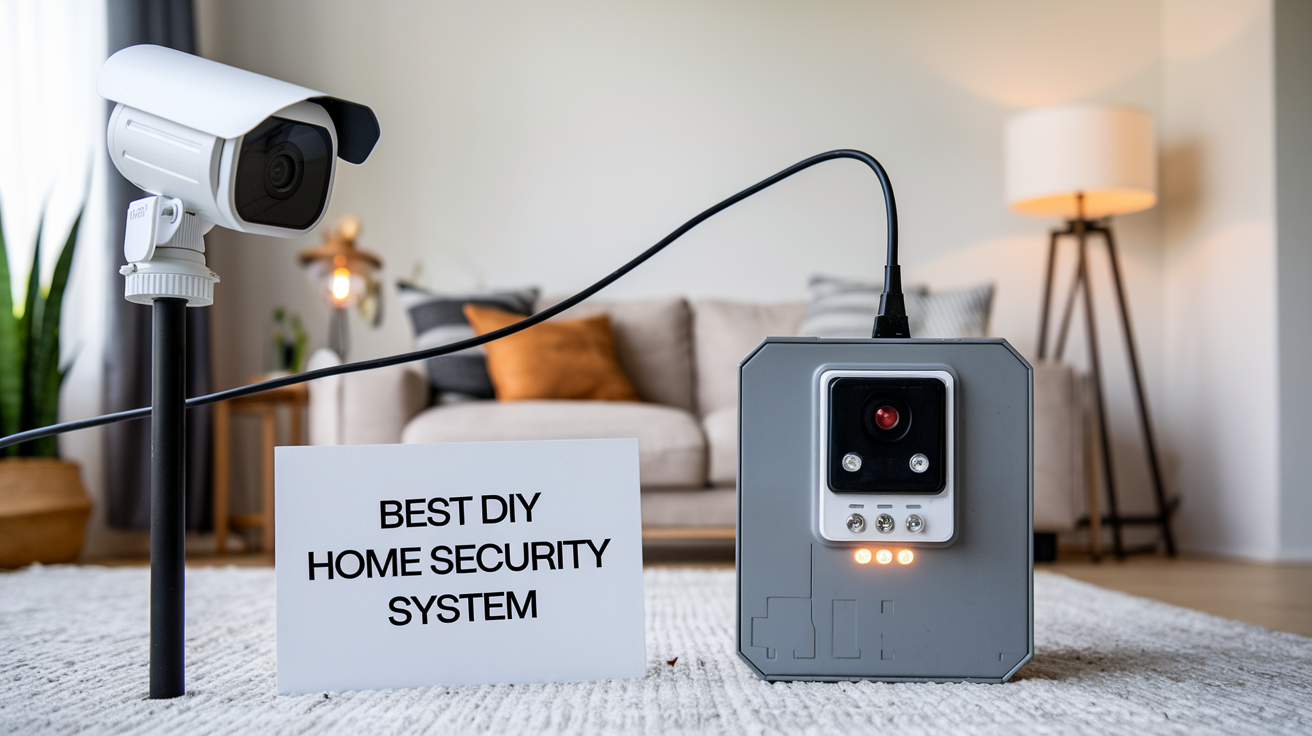In an era where technology is seamlessly integrated into our daily lives, home security systems have become essential for protecting our homes and loved ones. As crime rates fluctuate and new threats emerge, homeowners are increasingly turning to advanced security solutions to safeguard their properties. However, one common question that arises is, "How much does a home security system cost?" In this comprehensive guide, we will explore the factors that influence the cost of home security systems and help you make informed decisions about securing your home.
Factors Affecting Home Security System Costs
Type of System:
Home security systems come in various types, each offering different levels of protection. The basic types include:
- Traditional Alarm Systems: These systems use sensors on doors and windows to detect unauthorized entry. They are generally more affordable but may lack advanced features.
- Wireless Systems: Utilizing wireless technology, these systems are easier to install and often come with additional features such as remote monitoring. However, they may have a higher upfront cost.
- Smart Home Security Systems: Integrated with smart technology, these systems allow homeowners to control and monitor their security remotely. They often include features like video surveillance, smart locks, and motion sensors, making them more expensive.
Equipment and Devices:
The specific devices and equipment you choose for your home security system significantly impact the overall cost. Common components include:
- Cameras: The type and number of cameras you install influence costs. High-resolution cameras or those equipped with advanced features like night vision or motion tracking may increase expenses.
- Sensors: Door/window sensors, motion detectors, and glass break sensors are essential components. Higher-quality sensors may be pricier but provide better accuracy.
- Control Panels: The central hub for your security system, control panels vary in features and design. Touchscreen panels with advanced capabilities may be more expensive.
- Smart Locks and Access Control: Integrating smart locks into your security system enhances control over access. However, these additions may come at an additional cost.
- Monitoring Devices: Devices that connect your security system to a monitoring service may have subscription fees. Some systems offer self-monitoring options to reduce ongoing costs.
Installation Costs:
- Professional Installation: Opting for professional installation ensures that the system is set up correctly. While this may incur additional charges, it guarantees that the system functions optimally.
- DIY Installation: Some systems are designed for easy installation by homeowners. While this may save on installation costs, it requires careful setup to ensure the system's effectiveness.
Monitoring Fees:
- Professional Monitoring: Many security systems offer professional monitoring services, where a dedicated team oversees your home's security 24/7. This service often comes with a monthly or annual fee.
- Self-Monitoring: Some homeowners prefer to monitor their systems independently. This option may involve fewer ongoing costs but requires active participation.
Maintenance and Upkeep:
- Warranty and Support: Choosing a system with a comprehensive warranty and reliable customer support can impact the overall cost. Extended warranties or service plans may add to the upfront expense but provide peace of mind.
- Software Updates: Regular software updates are crucial for maintaining the security system's effectiveness. Some providers may charge for these updates, contributing to ongoing costs.
Home Size and Layout:
The size and layout of your home influence the number of devices needed for adequate coverage. Larger homes with multiple entry points may require a more extensive system, impacting the overall cost.
Location and Security Needs:
The security requirements for homes in different locations vary. Homes in high-crime areas may necessitate more robust systems, potentially increasing costs. Specific security needs, such as fire detection or environmental monitoring, can add to the overall expense.
Frequently Asked Questions (FAQs)
How much does a basic home security system cost?
The cost of a basic home security system can vary widely, but on average, it can range from a few hundred to a few thousand dollars. Factors such as the type of system, equipment included, and installation fees can impact the overall cost.
Are there monthly fees for home security systems?
Yes, many home security companies charge monthly monitoring fees for their services. These fees cover professional monitoring, alerts, and sometimes additional features like mobile app access. Monthly fees can range from $10 to $50 or more, depending on the provider and the level of service.
What factors affect the cost of a home security system?
Several factors influence the cost, including the type of system (wired or wireless), the number of security cameras and sensors, the complexity of the installation, and whether professional monitoring is included.
Do I have to sign a contract for a home security system?
Some home security companies require contracts, typically ranging from one to three years. Contract terms often come with discounted or free equipment. However, there are also contract-free options available, where you purchase the equipment upfront and pay month-to-month for monitoring.
Can I get a discount on home insurance with a security system?
Yes, installing a home security system can often lead to a discount on your home insurance premiums. The amount of the discount varies by insurance provider and the level of security features in your system.
Are there DIY home security options to save money?
Yes, do-it-yourself (DIY) home security systems are available, allowing you to install and monitor the system yourself. These systems are often more affordable than professionally installed ones, but it's essential to consider your comfort level with installation and ongoing monitoring responsibilities.
Conclusion
Determining how much a home security system costs involves considering various factors, from the type of system and equipment to installation and ongoing fees. While it's tempting to focus solely on upfront expenses, understanding the long-term costs and benefits is crucial for making a well-informed decision. Evaluate your specific security needs, budget constraints, and preferences to choose a system that not only fits your financial plan but also provides the level of protection your home requires. By carefully weighing these factors, you can enhance the security of your home and enjoy peace of mind.
Call (888) 805-5456 to install your home security system now!






